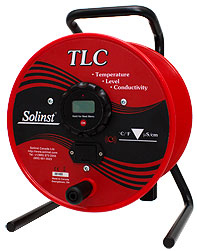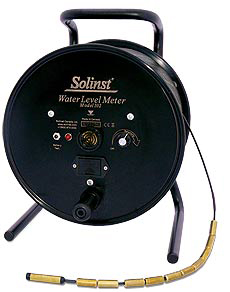Top 7 Factors To Consider When Choosing A Water Level Meter
By EnviroSupply & Service Inc.
Choosing a good water level meter can be tricky, especially if you are doing it for the first time. Water level meters are used by many industry professionals for measuring the depth to water in wells, boreholes, standpipes and tanks. Today we bring you a one stop guide on the factors you should consider before purchasing a water level meter.
Water level meter should have an accuracy of +/- 5 percent under field conditions.
Before purchasing any water level meter, be sure to get a calibration. This demonstration should yield an accuracy of at least +/- 2 percent, so that allow for some degradation and loss of accuracy before it will begin to fall outside the +/- 5 percent threshold.
Meter should be tamper-proof
The water level meter, you purchase should be tamper-proof. Where unauthorized interference can occur, it should be easily detectable to warn you of the same. You can also opt for a wind resistant meter that doesn’t “bow” in the wind giving more accurate measurements.
Self Contained
The water meter you choose should be completely self-contained. It should not require any external power or ground. Mostly the ones operating on batteries are acceptable.

Easy to read
The water level meter you have in mind should provide flow data as instantaneous and totalized rates. The ratings should be simple to operate and read. The level marking should be accurate and permanent and not become faded after few uses.
Probe
The probe should be designed to reduce or eliminate problems with cascading water. The probe design should permit submergence below water and for groundwater measuring as well. Is should give improved operation in both cascading water and low conductivity water.

Longevity
You should also factor in the average longevity of water level meters. Primarily this can depend on the meter type, the situation it is used in and the person using it. Once you begin to detect loss of accuracy before it will begin to fall outside the +/- 5 percent threshold you should think of replacing your water meter.
Cost
Generally, the more accurate and reliable the water meter — the more expensive it tends to be. While the actual purchase price is of prime consideration, it should not be the only one. Do factor in maintenance, data collection and calibration charges before making the final decision.
So, these were the top seven factors you should consider before purchasing a water level meter. What are the factors you would consider before buying one? Do let us know in the comment box below.
